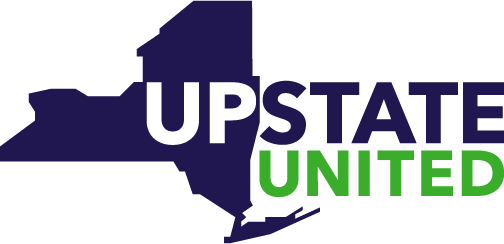Flexible Work Arrangements (S.3665/A.324) | 2019
May 20th, 2019
AN ACT to amend the labor law, in relation to flexible working arrangements
S.3665 (Gianaris) / A.324 (Rozic)
MEMORANDUM IN OPPOSITION
Unshackle Upstate, a non-partisan, pro-taxpayer, pro-economic growth, education and advocacy coalition made up of Upstate business and trade organizations, opposes this legislation.
This bill would establish a procedure by which an employee may request the right to a flexible work arrangement. The bill would allow an employee to make this request provided it “meets the needs of the employer and employee.” The employer must then discuss the request with the employee, determine if the request is inconsistent with its business operations and notify the employee of the decision.
The bill raises significant concerns for employers, particularly those operating small businesses. The considerations offered to determine whether a request is “inconsistent with business operations” are complicated and in many instances subjective. Criteria like determining whether a request presents legitimate or practical detrimental effect on aggregate employee morale are open to interpretation and could lead to abuse or potential legal disputes.
Also, though the bill states that nothing in the legislation requires an employer to grant the request, the burden to establish whether a request is “inconsistent with business operations” is placed solely on the employer, under threat of financial penalty. While the legislation defers to the Department of Labor to establish rules and regulations about how to investigate these issues, the bill lays out details on penalties for business that fail to adhere with the policy. Establishing policy for financial penalties based on vague criteria is an unfair burden on New York businesses.
Unshackle Upstate has consistently advocated for policies that improve our state’s business climate. This legislation will add additional burdens to employers, creating new workplace challenges and forcing employers to navigate a vague approval process, opening them up to financial penalties.
For these reasons, we oppose the enactment of this legislation.
